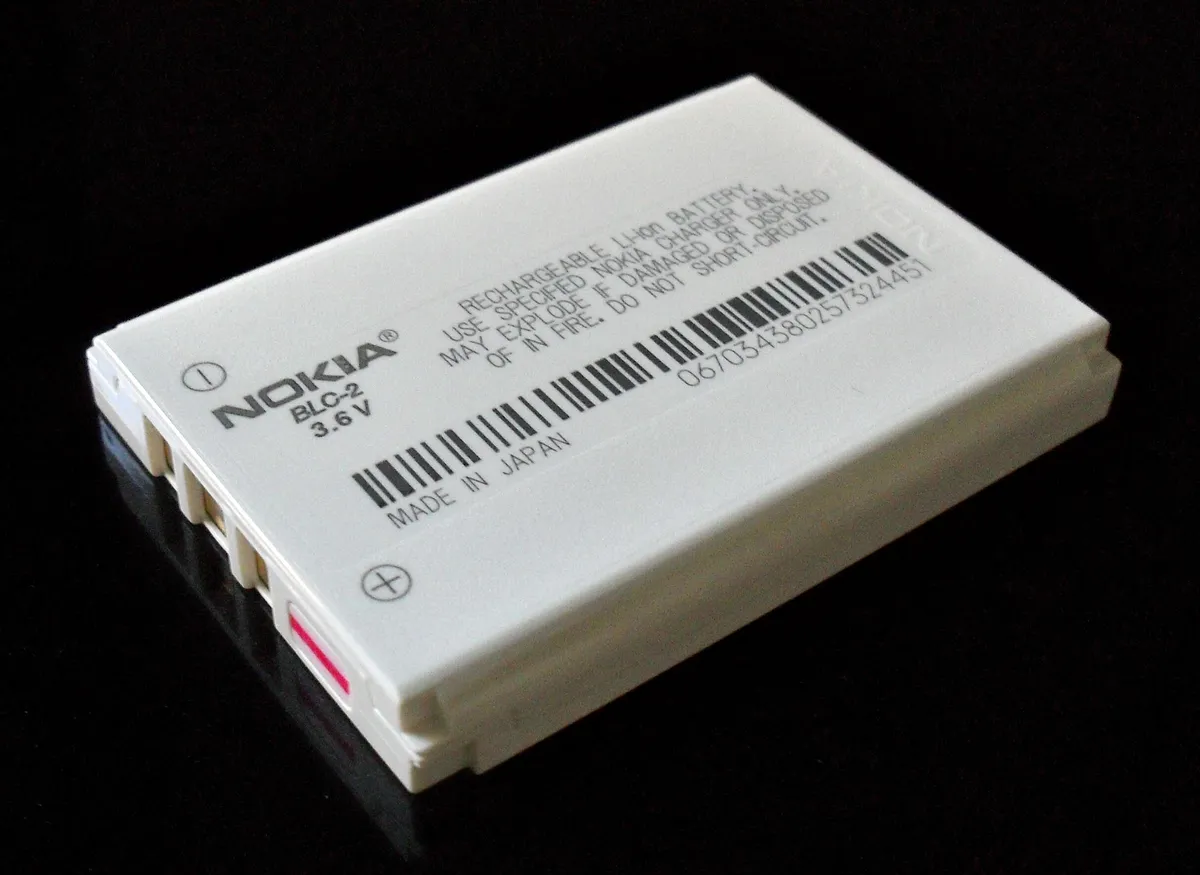On Friday, December 16, the EU Parliament decided on future regulations that regulate the recyclability of batteries and the self-replaceability of batteries. The regulations are now awaiting final approval.
The regulations were last in the news last spring.
The regulations apply to all batteries sold in the EU, including batteries for small electronics, industrial batteries, car batteries and batteries for electric cars.
The most significant change for consumers will be the regulation that the batteries of all devices must be easily replaceable by consumers themselves. This will require major design changes from laptop and phone manufacturers, most of which today design their devices in such a way that the battery needs to be changed on the go if necessary. This has made it possible to design devices that are thinner and more waterproof. After the regulations are passed, external hatches and screws will probably be visible even more.
According to the regulations, all companies selling batteries in the EU must also ensure that the batteries and their raw materials have been procured and manufactured ethically and taking environmental risks into account.
Batteries must contain 16 percent recycled cobalt, 85 percent lead, 6 percent lithium and 6 percent nickel. In addition, the EU has set a goal to increase the share of recycled materials every year: they must be 45 percent in 2023 and 73 percent in 2030.
Writing about it, The Next Web points out that these requirements may have a huge impact, especially on the car industry, which is already in crisis with the sufficiency of battery materials as the popularity of electric cars increases.
In recent years, the EU has also been active in other consumer protection matters regarding electronic devices. For example, it is making the USB-C connector the only permitted charging connector for small electronics from December 2024.
In addition, the EU is reining in the power of the major platform managers it classifies as “gatekeepers” and obliging them to open up their systems to greater interoperability. At least we are being classified as gatekeepers Google, Amazon, Microsoft, Apple, Facebook and Yahoo. According to some definitions, also for example SAP, Oracle, Salesforce and PayPal would be counted as gatekeepers.
Instead, for example Netflix, Twitter, Spotify, Uber, Slack and Ebay are excluded from this gatekeeper status.

 [ad_1]
[ad_1]